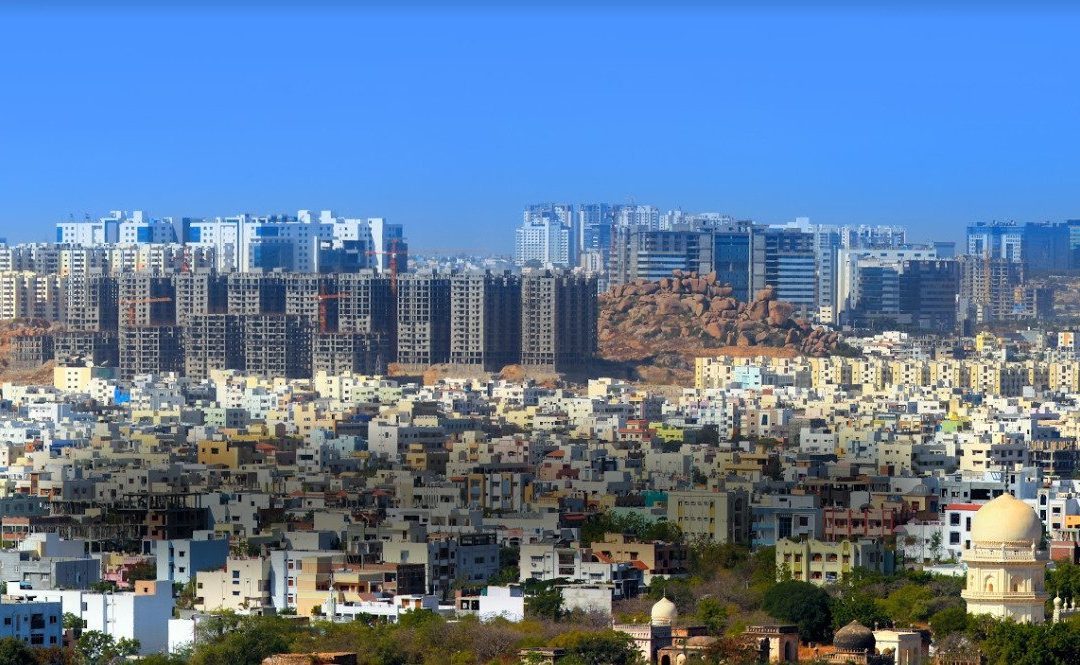Insights from Mr. Dhamodharan, Director of Operations, FHDGroup
Written by Vignesh Srinivasan, FHDGroup
Friday, 30 November 2018
According to industry experts, India needs more than 18 million new housing units, with over 90% falling within the affordable housing sector. This number is expected to grow at 6.6% to 34.1 million units by 2022.
At FHD Group, we are researching holistic design solutions that will be good quality, environmentally responsible, socially engaging, culturally apt & truly affordable housing for India’s growing urban population.
Sustainable housing revolves around three key considerations: Resources, Operations & Well-being.
1. Resources: Sustainable housing is designed to be efficient in terms of using and reusing resources, be it construction materials, equipment or natural resources like water & energy.
2. Operating Costs: These recurrent expenses are optimized by ensuring higher building performance while reducing maintenance costs and maintainability.
3. Well-being: Sustainable housing revolves around end-user well-being, both in terms of the quality of the built environment and its impact on the users.
Resources: There is a prevalent belief that sustainable housing is associated with expensive technology. However, there is downward pressure on capital costs because of the increasing supply of sustainable materials in the market, supportive government initiatives and increasing recognition that responsible resource consumption is the only way forward.
Operating Costs: Investing in clean, efficient building infrastructure can contribute towards reducing long-term maintenance expenses. It is important to view any upfront capital costs in a long-term context. While construction costs are loaded upfront for 3-4 years, maintenance costs extend across the life of the project often spanning for 40-60 years. Keeping this in view, there are adequate indicators showing that life-cycle costing of sustainable housing is lower than regular affordable housing.
Well-being: The World Health Organization (WHO) issued new guidelines on Nov 2018, highlighting that better homes lead to better standards of health and overall well-being.“Housing is becoming increasingly important to health in light of urban growth, aging populations, and climate change”, say the new guidelines.
From the end-users’ perspective, housing affordability was a condition while sustainability remained a choice. However, demand urgency, supply availability and increasing needs for sustainable solutions are swiftly changing this perception and reinforcing that sustainable housing is Affordable housing.
As market leaders in designing for the affordable housing sector, we believe that Triple Bottom Line (TBL) is a clear way forward for a sustainable & long-term business model for affordable housing projects, where critical issues that we face every day can be meaningfully resolved. TBL is a business framework that stretches beyond traditional goals (such as profits, return on investment, and shareholder value) and includes positive environmental and social impacts.
We are continuing to research and efforts on this topic and will be issuing periodic insights. Email us at reachus@fhdgroup.in if you’d like to know how to lead this change and mainstream affordable sustainable housing across cities in India.

